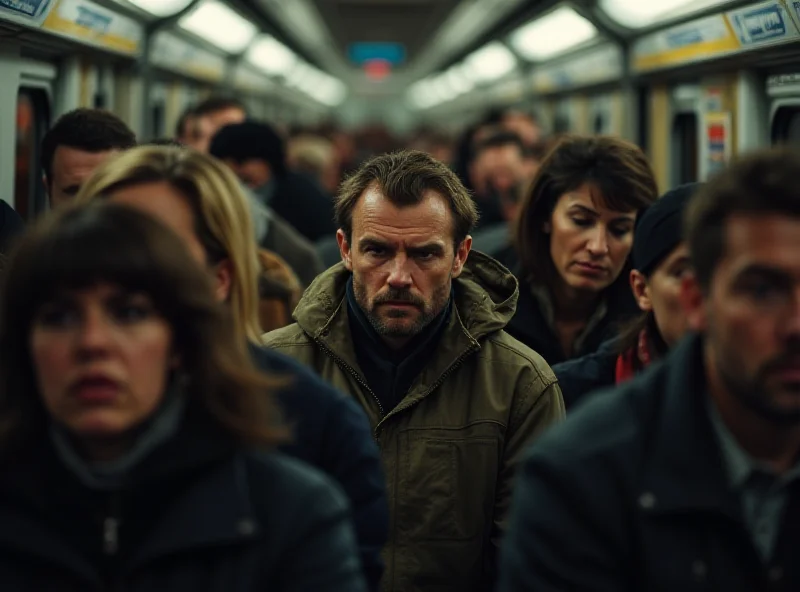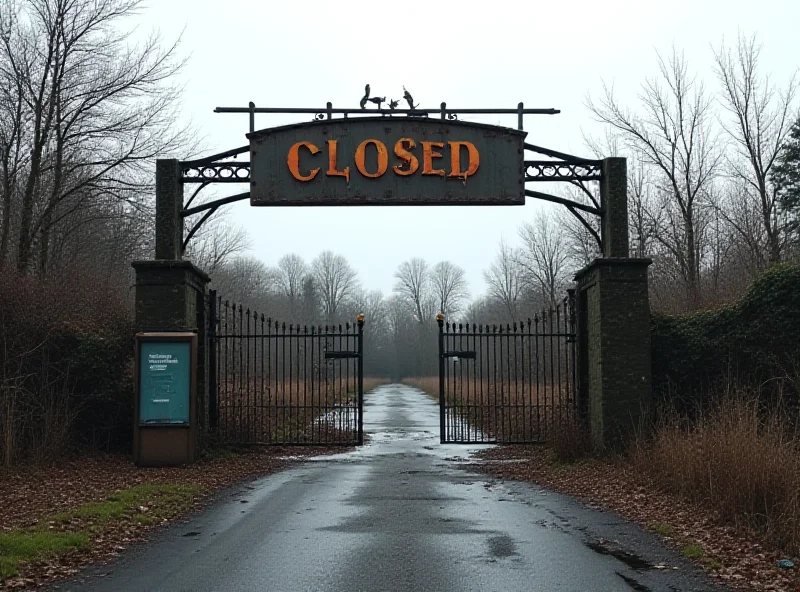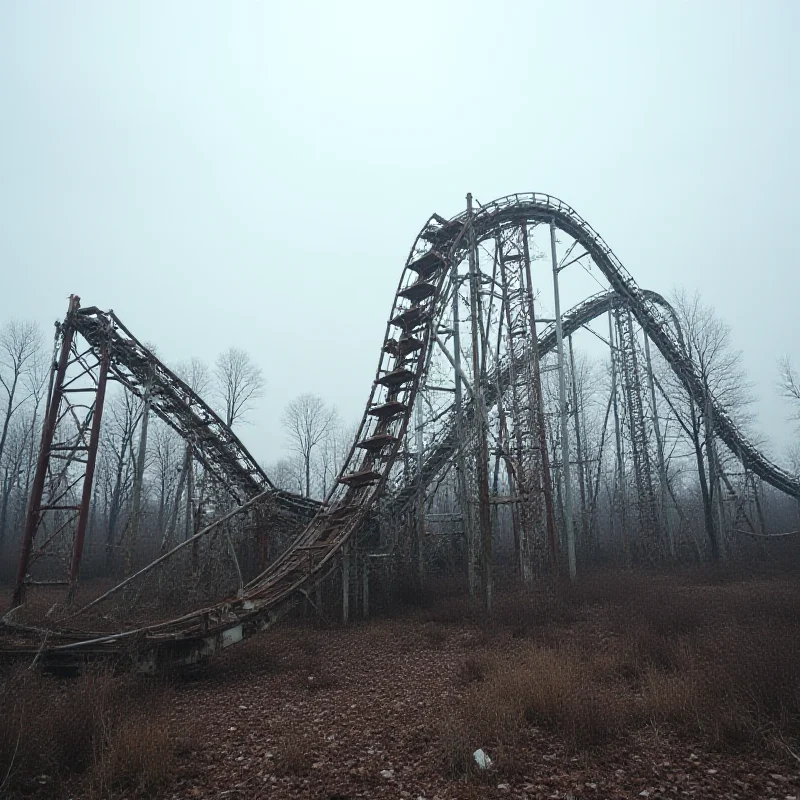A wave of economic challenges is impacting various sectors across the UK and the US. From rising rail fares to struggling museums and theme park closures, the news isn't exactly cheerful.
Rising Rail Fares Hit Commuters
Commuters in England and Wales are bracing for another hit to their wallets. Rail fares are set to increase by 4.6% starting this Sunday.  This increase adds to the already mounting financial pressures faced by many, especially given the current cost of living crisis.
This increase adds to the already mounting financial pressures faced by many, especially given the current cost of living crisis.
"This is a tough blow for commuters who are already struggling with rising prices," says transportation analyst John Smith.
The rise in fares comes as a result of the government's decision to link fare increases to the Retail Prices Index (RPI) measure of inflation. While this formula is intended to ensure the railway network remains sustainable, it places a significant burden on passengers.
Small Museums Face Extinction
It's not just transportation that's feeling the pinch. Many small museums are facing what they're calling their "toughest time ever." Visitor numbers are dwindling, and running costs are soaring, creating a perfect storm that threatens their very existence.  Without intervention or a boost in support, many of these cultural institutions fear they may be forced to close their doors permanently.
Without intervention or a boost in support, many of these cultural institutions fear they may be forced to close their doors permanently.
These museums often rely on donations and ticket sales to stay afloat. The combination of fewer visitors and higher energy bills is proving unsustainable for many.
Wales Loses a Theme Park
In yet another sign of the challenging economic climate, the largest theme park in Wales has closed with immediate effect after nearly 40 years of operation.  Economic challenges were cited as the primary reason for the closure, marking a sad end to a beloved attraction.
Economic challenges were cited as the primary reason for the closure, marking a sad end to a beloved attraction.
The park's closure highlights the vulnerability of leisure businesses in the face of economic uncertainty. The industry has faced numerous struggles in the past few years, and this closure is a stark reminder of the difficulties that persist.
US Recession Looms?
Across the Atlantic, concerns are also mounting. The US may now be in a recession, driven in part by rapidly changing trade policies and tariffs. This is an incredibly fast-moving story, and the situation continues to evolve.
Adding to the economic anxieties, online searches for "money dysmorphia" have skyrocketed, climbing 136% in the past year. This suggests a growing awareness and concern about distorted perceptions of personal finances amid economic uncertainty.

These events paint a concerning picture of the current economic landscape, requiring careful attention and proactive measures to mitigate the potential impact on individuals and communities.
